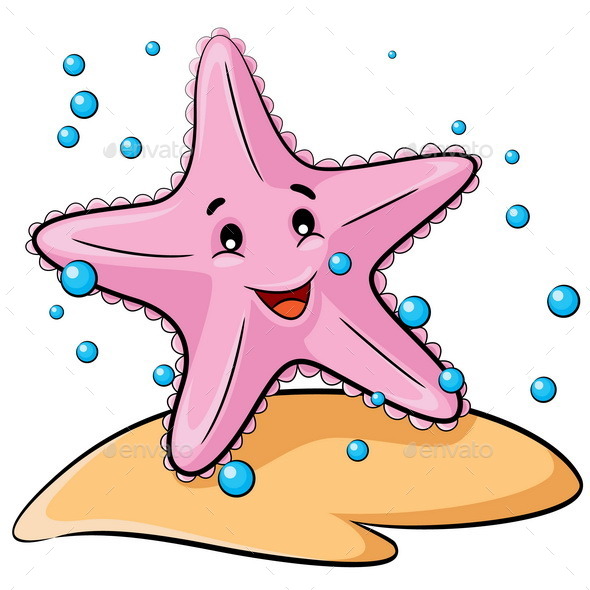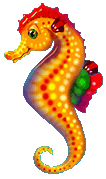Years 1 and 2
Welcome to Key Stage 1
|
Splendid Seahorses Year 1 |
Clever Clownfish Year 1
|
Perfect Pufferfish Year 2
|
Super Starfish. Year 2
|
|
Mrs Fletcher - Teacher |
Miss Marshall - Teacher | Mrs King & Mrs Worley - Teachers |
Miss Mozley - Teacher Mrs Phipps - Teacher x 2 afternoons |
|
Mrs Waterfield - Teaching Assistant Mrs Chandler - Teaching Assistant - Management release cover supervisor. Mrs Prime - Teaching Assistant - PPA release cover supervisor Mrs Camp - Learning Support Assistant Mrs Singh-Barmi - Learning Support Assistant Miss Barson - Learning Support Assistant Mrs Townsend - Learning Support Assistant
|
Mrs Waterfield - Teaching Assistant Mrs Hyde - Learning Support Assistant Mrs Townsend - Learning Support Assistant
|
Mrs Chandler - Teaching Assistant Mrs Phipps - supporting small groups over two mornings
|
Mrs Chandler - Teaching Assistant Mrs Russell - Learning Support Assistant Mrs Tsang - Learning Support Assistant Mrs Phipps supporting small groups over two mornings
|
Spring Term
We are looking forward to starting our new topic for this term which is 'Cold & Hot places' if you have any resources such as books or objects at home that would support learning in these areas please bring them in with your child.
Please remember you can always speak to a member of staff if you have any worries or issues through leaving a message in your child's reading record, with an adult on the door in the morning or in the office. If we cannot see you there and then, we will contact you at our earliest opportunity.
For full details of our Rolling Programme please see the attachment at the bottom of this page. In this programme, are the topics which will be covered over 2 years. This year (2018-2019) is year A.
Homework
Lots of information is sent home fortnightly via our class newsletters. Please check your child's bag on alternate Fridays for these!
Reading homework will stay the same so we please encourage you to read with your child at home as often as possible, but a minimum of 3 times a week and record this in your child’s reading record.
Our new online spelling system is well underway and proving to be a real hit with most children. Please encourage your child to go on as often as possible to work on the words set that are appropriate to their phonics group. At times, there have been a few teething problems but we hope it is all running smoothly now!
We will be continuing to ask you to support your child at home with understanding numbers, number bonds and times tables for year 2. We will inform you about this in our newsletters.
In addition to this, your child will also receive a fortnightly homework task. These will be set on alternate Fridays and will need to be returned to school on the Wednesday of the second week after being set, i.e. 12 days later.
If you have any issues with your child's homework, please feel free to pop in and see us.
Reading
Children are expected to read 3 times per week minimum, in order to collect their Rainbow Reader certificates. Children will receive a maximum of 3 stamps per week for their reading once their reading record has been checked. Each time they receive 12 stamps they will get the next coloured certificate in the Rainbow.
Handwriting
We will be focusing on handwriting and letter formation this year and your child will take part in weekly handwriting lessons where thy will learn new letters or consolidate letters previously learnt they will also, at times, bring handwriting reinforcement sheets home to work on letter formation at home with your support.
Behaviour reward system
Dojo is our whole school reward system that now comes in the form of Dojo points. The children are allocated a little monster who they can earn points for. The children can earn points for brilliant behaviour, tidiness and working hard. On a Friday we will see who has the most Dojo points and is therefore the class Dojo winner of the week.
Drinks in the classroom
We encourage ALL children to bring a drinks bottle in to class each day to keep them hydrated as they work and play, but please can this be water only.
Year 1 English
Writing - composition
Pupils should be taught to:
Pupils should be taught to:
*Write sentences by:
- saying out loud what they are going to write about
- composing a sentence orally before writing it
- sequencing sentences to form short narratives
- re-reading what they have written to check that it makes sense
- discuss what they have written with the teacher or other pupils
- read aloud their writing clearly enough to be heard by their peers and the teacher.
Writing – vocabulary, Grammar and Punctuation
Pupils should be taught to:
* Develop their understanding of the concepts set out in English Appendix 2 by:
- leaving spaces between words
- joining words and joining clauses using and
- beginning to punctuate sentences using a capital letter and a full stop, question mark or exclamation mark
- using a capital letter for names of people, places, the days of the week, and the personal pronoun ‘I’
- learning the grammar for year 1 in English Appendix 2
Reading - composition
Pupils should be taught to:
*Develop pleasure in reading, motivation to read, vocabulary and understanding by:
- listening to and discussing a wide range of poems, stories and non-fiction at a level beyond that at which they can read independently
- being encouraged to link what they read or hear read to their own experiences
- becoming very familiar with key stories, fairy stories and traditional tales, retelling them and considering their particular characteristics
- recognising and joining in with predictable phrases
- learning to appreciate rhymes and poems, and to recite some by heart
- discussing word meanings, linking new meanings to those already known
*Understand both the books they can already read accurately and fluently and those they listen to by:
- drawing on what they already know or on background information and vocabulary provided by the teacher
- checking that the text makes sense to them as they read and correcting inaccurate reading
- discussing the significance of the title and events
- making inferences on the basis of what is being said and done
- predicting what might happen on the basis of what has been read so far
*Participate in discussion about what is read to them, taking turns and listening to what others say
*Explain clearly their understanding of what is read to them.



